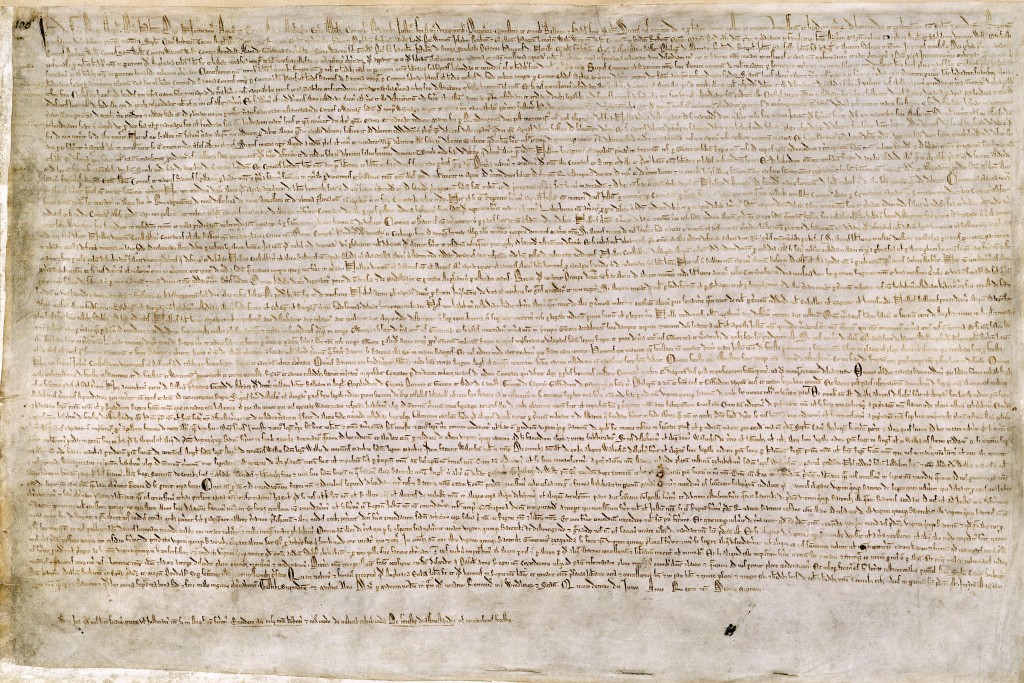Archbishop Justin Welby spoke at a special 800th anniversary celebration of the Magna Carta, led by The Queen, and attended by British politicians and senior members of the Royal family.
Welby focused on the ecclesiastical origin of the Magna Carta, pointing to his early predecessor, Archbishop Stephen Langton, whose mediation led to the document. Welby noted that the vision was limited, but the intentions admirable, and expressed sadness that the Church and society at large has often failed to live up to the standards of respect and humanity we aspire to.
The complete speech:
“Archbishop Stephen Langton was mediator between the King and his barons, counsellor to both, and an advocate of civil harmony, cohesion and goodwill. His great legacy was this remarkable document, the spring from which so much of the human quest for political liberty has drawn, here and abroad, especially in the United States of America.
“The vision of the dignity of the human being, however limited that vision is, in Magna Carta sets a standard for our consideration of all human beings – however important or unimportant, near or far, they may seem to be.
“Langton was not alone. His was an age of giants at Canterbury. Alphege whose love for his people led him to give his life to save them from paying a crippling ransom. Anselm, the wise scholar and yet brave counsellor, whose advice cost him years of exile.
In such self-giving and courage Magna Carta found fertile soil to grow. It sets the bar high for all of us today.
“In the centuries since, how often the Church and others have failed to uphold these most noble qualities, to be an advocate for those members of our community for whom the rights and liberties of Magna Carta have remained a distant hope.
“From the support for enclosures to the opposition to the Great Reform Act, to the toleration of all sorts of abuse, with humility we recognise these failings.
“But I pray that today will be a moment of opportunity in which our commitment to the liberty and flourishing of one another, the bond between us that allows us to recognise our individual human dignity, is renewed and will never again fail.
There have been great moments. Bishops of Durham in the late nineteenth century and later in the twentieth speaking up for the miners; a church alongside the poorest, the genius of the Elizabethan settlement of religious differences, however long it took to become fixed.
“As the path to Magna Carta and our history since lays bare, the relationship between the Church and the State has not always been easy. In my own Cathedral in Canterbury, at the Altar of the Sword’s Point, the site of the martyrdom of Becket, I am reminded of what happens when this relationship collapses.
“Together, as critical friends, we must seek the principled and active betterment of society as a whole, ensuring that all the rights and liberties afforded to them, both in our legal system and in our inherent worth as children of God, are, in the words of Magna Carta, “enjoyed in their entirety, with lasting strength, forever.””
Posted by David Streever

